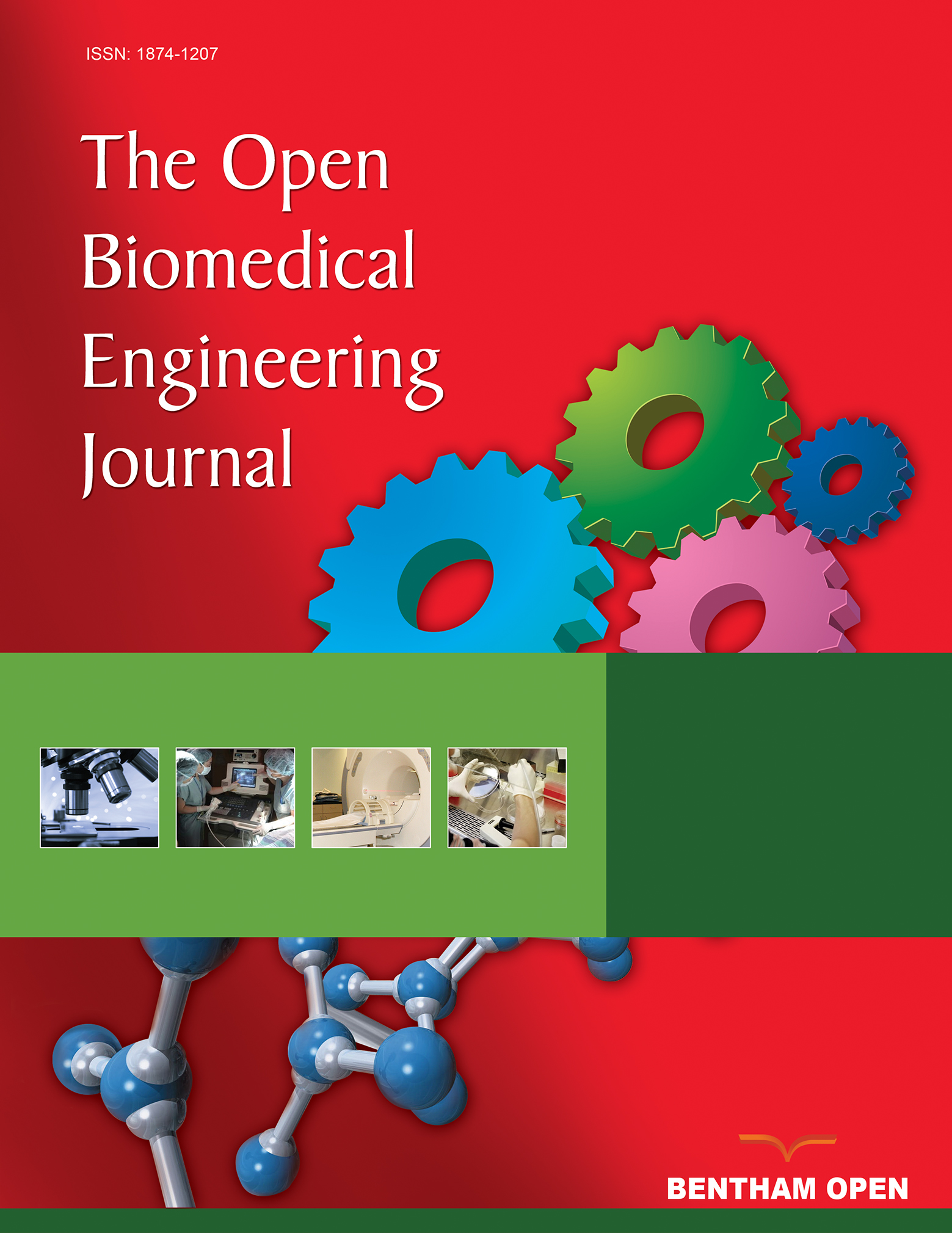All published articles of this journal are available on ScienceDirect.
Patient-Specific Unicompartmental Knee Resurfacing Arthroplasty: Use of a Novel Interference Lock to Reduce Tibial Insert Micromotion and Backside Wear
Abstract
Micromotion has long been associated with wear of polyethylene tibial inserts, potentially causing failure of unicompartmental knee replacement systems. One cause of micromotion is the locking mechanism between the undersurface of the polyethylene and the tibial tray. The objective of this study was to investigate the use of new novel lock designs for reducing the micromotion associated with a patient specific tibial implant. Micromotion occurring between the tibial insert and tibial tray was measured using the DVRT method for two new lock designs and compared to the micromotion measured for the prior generation lock design. In total, 18 samples were tested, six in each of the three designs: prior generation CLEARANCE lock design, new LINE-TO-LINE design, new INTERFERENCE design.
At the lowest loading of 100N, the motion index of the new interference lock design (4.9 ±2.6 microns) was less than the motion index of both the new line-to-line lock design (11.9±4.5 microns) and the prior generation clearance lock design (154.9±84.4 microns). Likewise, at the higher loading of 400N, the motion index of the new interference lock design (58.7 ±7.2 microns) was again less than the motion index of the two alternative lock designs (new line-to-line: 135.5±57.6 microns; prior generation clearance: 371.8±151.4 microns). When compared to previously published micromotion data for TKR systems, the results demonstrate that a novel interference design locking mechanism as part of a patient-specific unicompartmental knee arthroplasty system can significantly reduce micromotion that is believed to be one of the causes of osteolysis.


